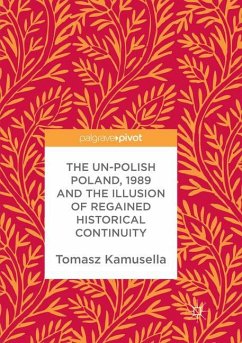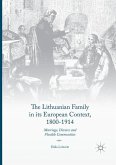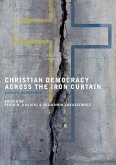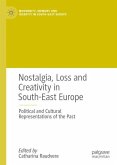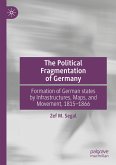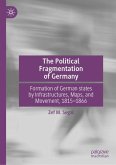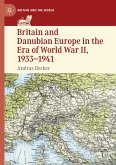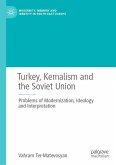This book discusses historical continuities and discontinuities between the Polish-Lithuanian Commonwealth, interwar Poland, the Polish People's Republic, and contemporary Poland. The year 1989 is seen as a clear point-break that allowed the Poles and their country to regain a 'natural historical continuity' with the 'Second Republic,' as interwar Poland is commonly referred to in the current Polish national master narrative. In this pattern of thinking about the past, Poland-Lithuania (nowadays roughly coterminous with Belarus, Latvia, Lithuania, Poland, Russia's Kaliningrad Region and Ukraine) is seen as the 'First Republic.' However, in spite of this 'politics of memory' (Geschichtspolitik) - regarding its borders, institutions, law, language, or ethnic and social makeup - present-day Poland, in reality, is the direct successor to and the continuation of communist Poland. Ironically, today's Poland is very different, in all the aforementioned aspects, from the First and Second Republics. Hence, contemporary Poland is quite un-Polish, indeed, from the perspective of Polishness defined as a historical (that is, legal, social, cultural, ethnic and political) continuity of Poland-Lithuania and interwar Poland.

